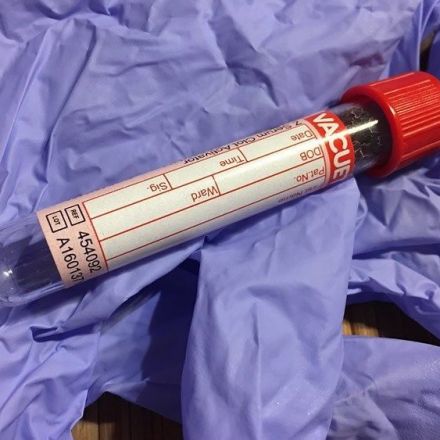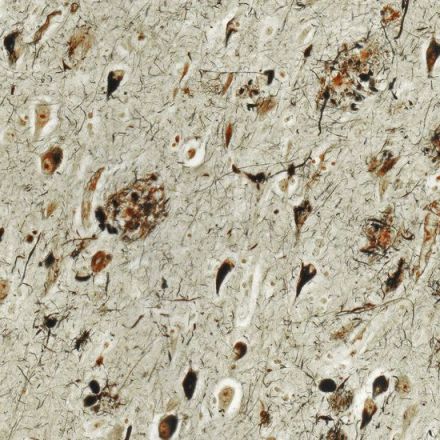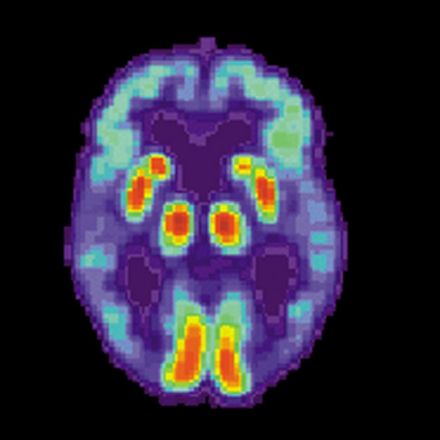

7 years ago
1
What Happens to the Brain in Zero Gravity?
NASA has made a commitment to send humans to Mars by the 2030s. This is an ambitious goal when you think that a typical round trip will anywhere between three and six months and crews will be expected to stay on the red planet for up to two years before planetary alignment allows for the return journey home. It means that the astronauts have to live in reduced (micro) gravity for about three years, well beyond the current record of 438 continuous days in space held by the Russian cosmonaut Valery Polyakov.
Continue Reading


























Join the Discussion
I read this in another news source. I thought the article was about Chris Hadfield, but it was only a picture with him in the article.
Anyway, some tests were done in a special aeroplane nicknamed the “vomit comet”. After a few days of testing on a bunch of individuals, this was the conclusion: nitric oxide levels increased following repeated bouts of weightlessness, and this coincided with increased blood flow, particularly through arteries that supply the back of the brain. This forced the blood-brain barrier open, although there was no evidence of structural brain damage.
Interesting read, especially when you think of men ambition to send humans on Mars by the 2030s.